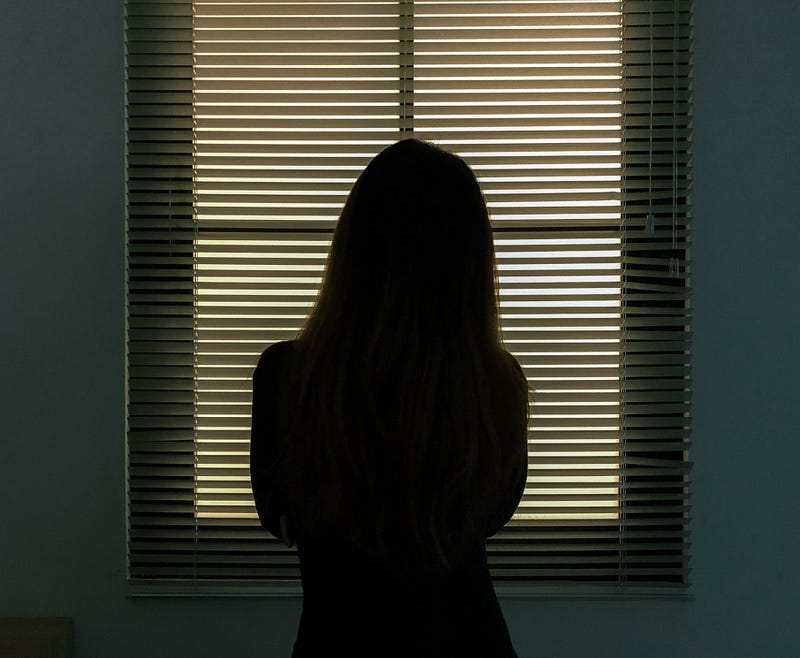Beauty Standards: Navigating Insecurities in an Imperfect World
Written on
Chapter 1: Understanding Our Insecurities
Hello! I'm Delia, a 21-year-old who has spent much of my life grappling with insecurities. I believe many of you can relate to this experience.
During my adolescent years, particularly from ages 12 to 21, I often found it challenging to make eye contact. I felt embarrassed speaking in class, anxious in social settings, and hesitant to form new friendships. While I've managed to overcome some of these fears, the deeper-rooted insecurities linger.
With the rise of the internet, I was constantly exposed to polished images of beauty—perfectly edited faces, flawless hair, and seemingly ideal lives. This deluge made me question my own worth and feel like an outsider.
By fifth grade, I began to hide my arms to conceal body hair, avoided pool outings, and rarely wore shorts due to self-consciousness about my legs. Conversations with strangers felt daunting; I feared they would notice my perceived flaws—my nose, lips, eyes, and brows. The weight of these insecurities became so heavy that I eventually avoided mirrors altogether, feeling ugly each day. This struggle culminated in a dark moment where I attempted to take my own life.
If you resonate with any of these feelings, please understand they aren't truths; you are not alone. Many others stand before their mirrors, grappling with similar thoughts. The true issue lies not within you, but in the unrealistic beauty standards perpetuated by our society—a society that relentlessly seeks to manipulate our perceptions and behaviors.
You are inherently beautiful, and your kindness and smile likely bring joy to those around you. It’s crucial to recognize that the definition of “perfect”—whether in body, smile, hairstyle, or diet—is a myth. Perfection is unattainable, and it's our unique traits that make us truly special, far beyond the altered images we see on social media.
Believe it or not, people admire the very traits you view as imperfections. We must stop comparing ourselves to influencers or celebrities. Remember, they don’t always look like their curated online personas. They, too, are regular individuals who use makeup, lighting, filters, and editing to enhance their appearances.
A study conducted by the Huffington Post on individuals aged 18 to 34 revealed that nearly half felt unattractive after viewing their social media feeds. I can relate, and the change begins with us. We can choose to unfollow accounts that trigger our insecurities and instead fill our feeds with content that inspires and uplifts us.
Life is fleeting, so why let the opinions of others dictate how we feel about ourselves? Why allow a single post to affect our mood for the entire day? We shouldn't permit beauty companies to dictate our self-worth.
Instead, let's focus on living fully and learning to appreciate ourselves. Prioritize self-love, explore ways to treat yourself kindly, and nurture your mental health. Find a balanced approach to caring for your body that feels enjoyable rather than burdensome.
Remember, practice leads to improvement! Maybe not perfection—let’s abandon that idea altogether.
If you found my article helpful, feel free to leave a like, provide feedback, or even follow me if you wish.
Wishing you all the best!
Section 1.1: The Impact of Social Media
Social media plays a significant role in shaping our perceptions of beauty and self-worth.

Chapter 2: Embracing Self-Love
In the video titled "If You Feel 'Too Ugly' Because of Beauty Standards, Watch This," viewers are encouraged to reflect on their self-image and recognize the negative effects of societal expectations.
The second video, "The Unrealistic Toxic Beauty Standards Are Deadly," dives into the consequences of these standards, highlighting the need for awareness and change.